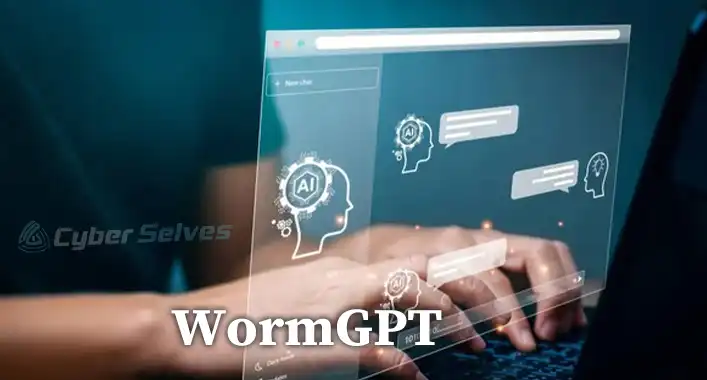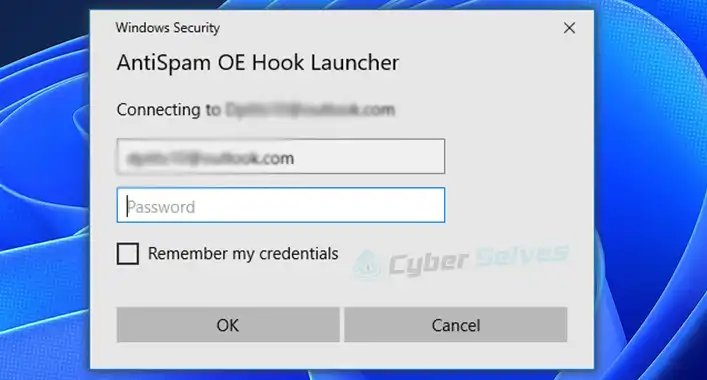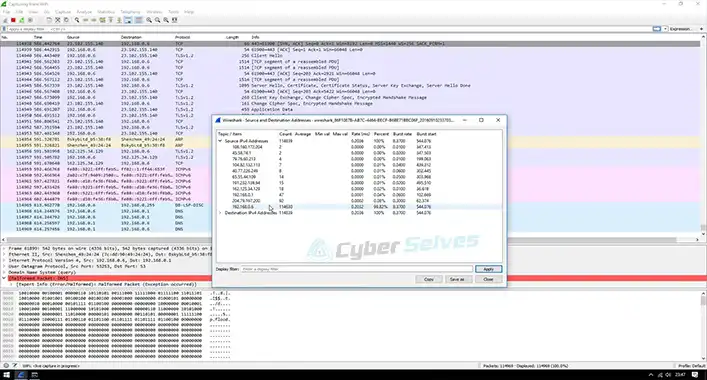Is WormGPT Illegal? What I know
In the vast ecosystem of artificial intelligence and the digital world, names and terminologies are born every day. Among the myriad of intriguing terms, “WormGPT” has caught the attention of many. But what is it exactly, and is it illegal?
Before getting started, it’s important to note that at the time of this writing, there is no officially recognized or widely known entity titled “WormGPT” associated with OpenAI’s GPT models or other prominent AI platforms. Nonetheless, for the sake of exploration, let’s jump into a hypothetical scenario surrounding such a term.

A Hypothetical Exploration of WormGPT
Let’s assume WormGPT is a modification or derivative of the standard GPT model but has been tailored for a specific purpose, possibly in the realm of cybersecurity or even cyber threats.
- Worm-like Behavior: Drawing from the term “worm”, it might be that this version exhibits worm-like behavior, replicating itself across systems or networks.
- AI-Powered Threats: If designed maliciously, WormGPT could potentially utilize the power of AI to exploit vulnerabilities in digital systems, making traditional cybersecurity measures ineffective against it.
When It Is Legal
- Research & Development
If WormGPT is a product of legitimate research, with no malicious intent, and remains within lab environments, its creation and study may be perfectly legal.
- Ethical Hacking
Some tools are developed to test the robustness of digital systems. If WormGPT is used by white-hat hackers to bolster security systems, it might fall within legal boundaries.
When It Is Illegal
- Unauthorized Deployment
Using software to breach systems without permission is a legal offense in numerous countries. WormGPT’s deployment in such a manner would breach these laws.
- Intellectual Property Violations
If WormGPT infringes upon proprietary models, its unauthorized modification or distribution could lead to legal repercussions.
- Cybersecurity Law Breaches
Many countries have robust cybersecurity laws. Deploying any form of malicious software, including a hypothetical WormGPT, would entail serious legal consequences.
Should You Use WormGPT?
While the existence of WormGPT remains a mystery, if it were real and available, the onus is on potential users to:
- Understand Its Origins: Know where it comes from and its intended purpose.
- Weigh Legal Implications: Before deploying any tool, always consider potential legal repercussions.
- Assess Ethical Dimensions: Even if something is legally gray, the ethical implications might still be black and white.
WormGPT: Is It Safe?
- Potential Backdoors: Tools, especially those from unverified sources, can have hidden functionalities, making systems vulnerable.
- Digital Footprint: Using such tools might leave traces, making users targets for legal investigations or other hackers.
- Unknown Implications: Without comprehensive knowledge of WormGPT’s functionalities, unforeseen consequences might arise during its use.
Questions Arising from the Unknown
Is Openai Aware Of Such Modifications?
OpenAI, like many AI-focused institutions, invests heavily in ensuring the ethical use of its technologies. If a malicious derivative were to emerge, they’d likely take steps to counteract its spread and misuse.
Can We Prevent The Malicious Use Of AI Derivatives?
It’s challenging to entirely prevent misuse, but through a combination of regulatory frameworks, vigilant AI communities, and advancing tech safeguards, risks can be minimized.
In Summary
While WormGPT is not an officially recognized or established entity in the AI domain at present, exploring its hypothetical implications serves as a reminder of the broader concerns surrounding AI misuse. As the frontier of AI continues to expand, vigilance, ethical considerations, and proactive measures will remain paramount in ensuring technology remains a boon and not a bane.




![[Explored] What Is Cloning in Cyber Security?](https://cyberselves.org/wp-content/uploads/2022/06/What-Is-Cloning-in-Cyber-Security.jpg)
